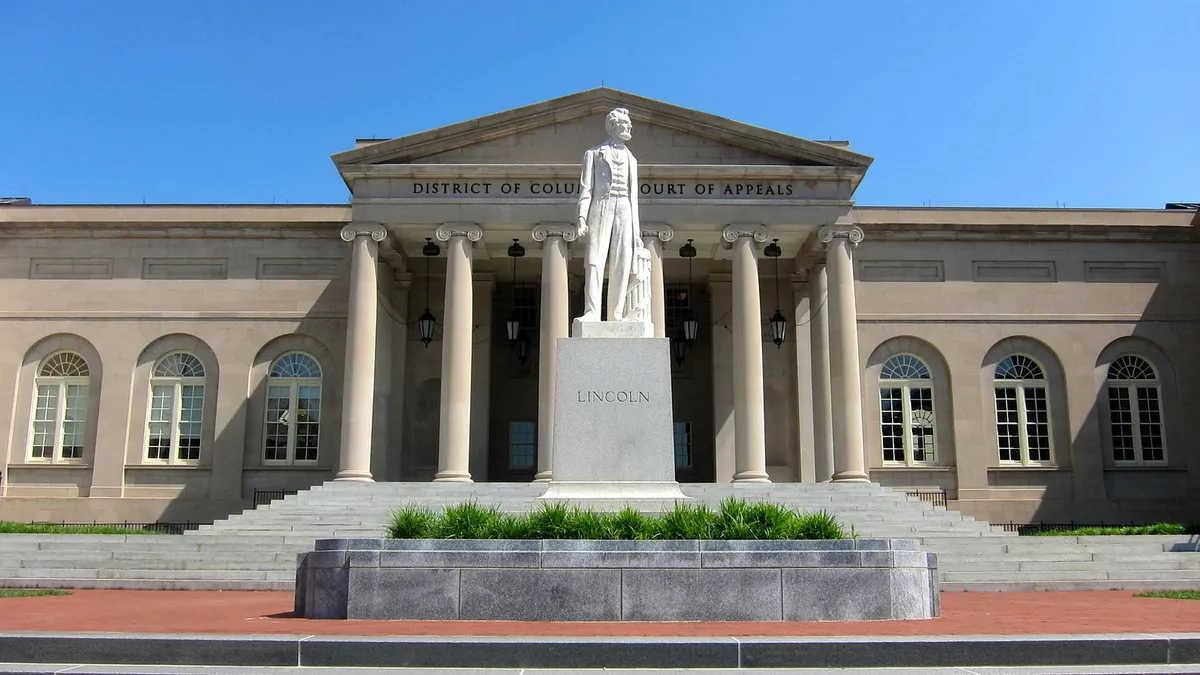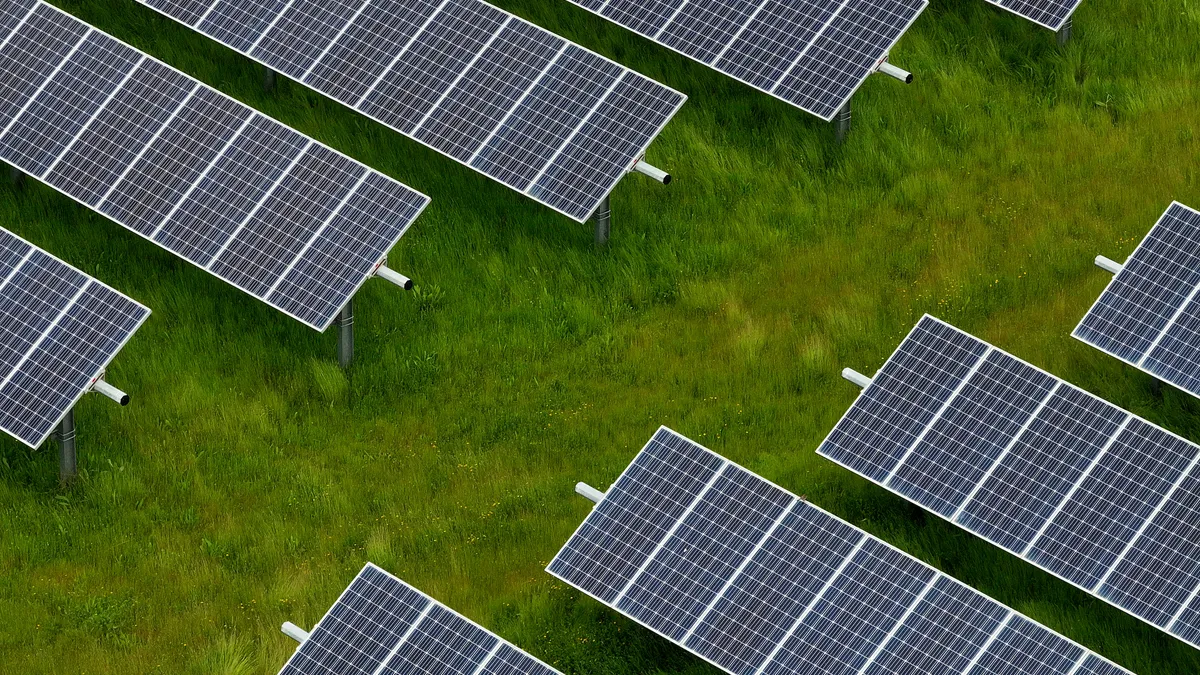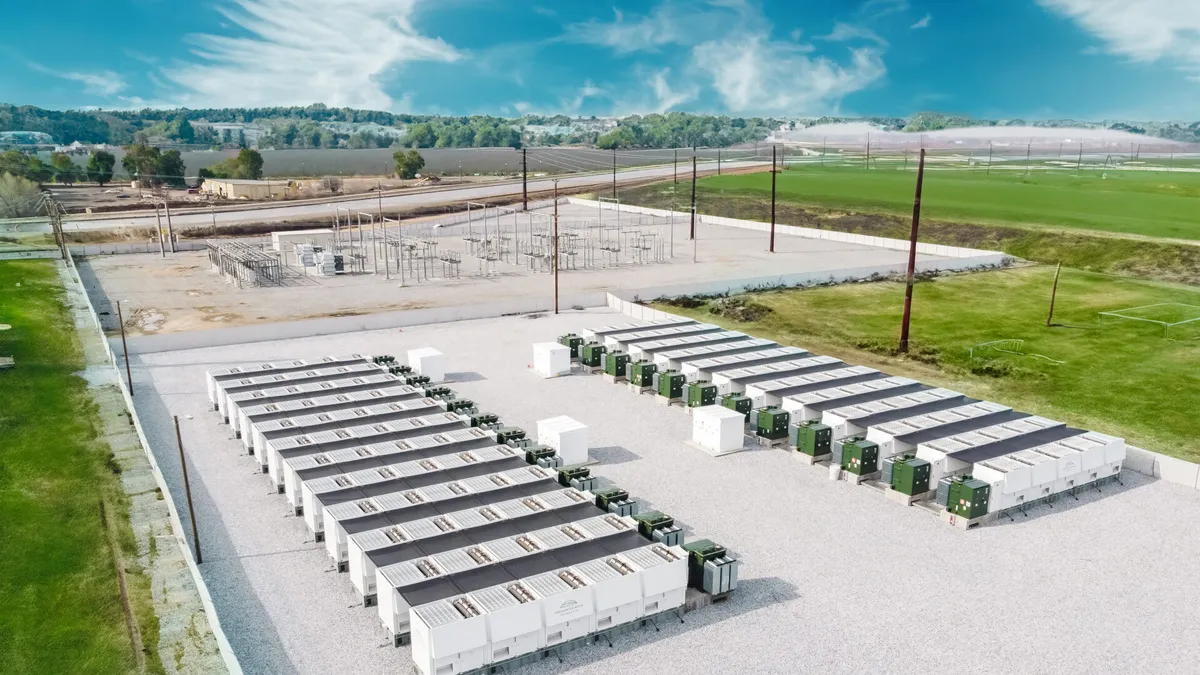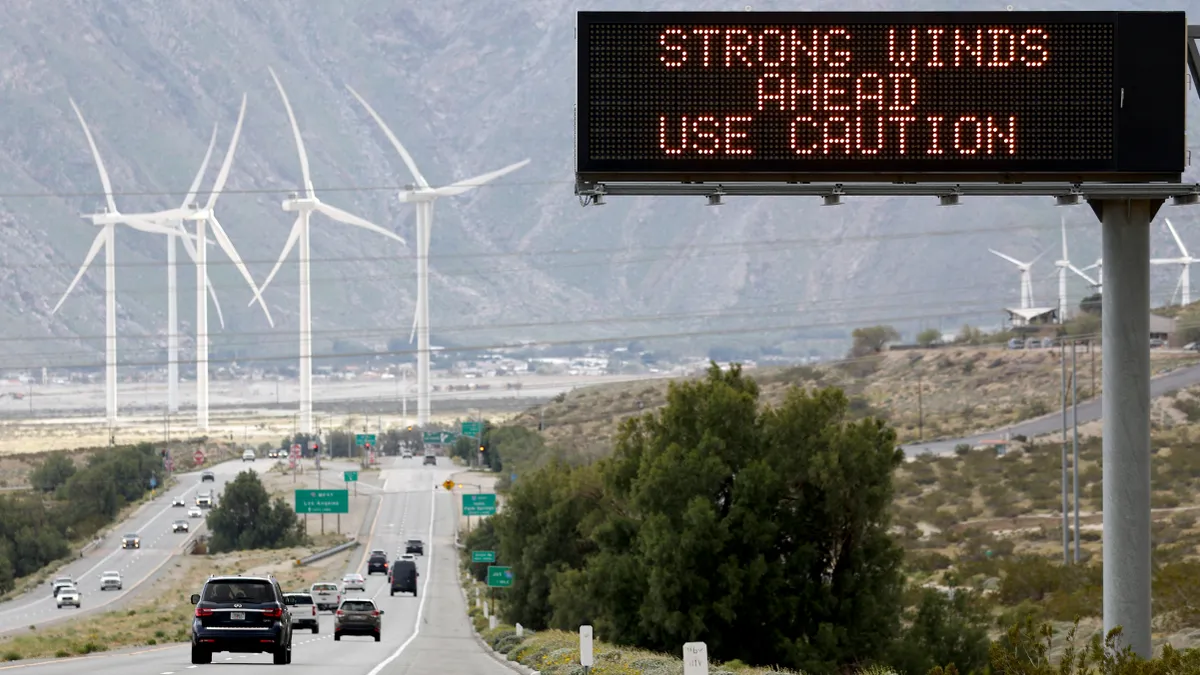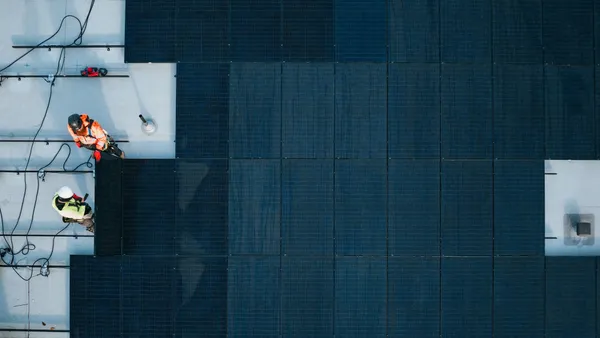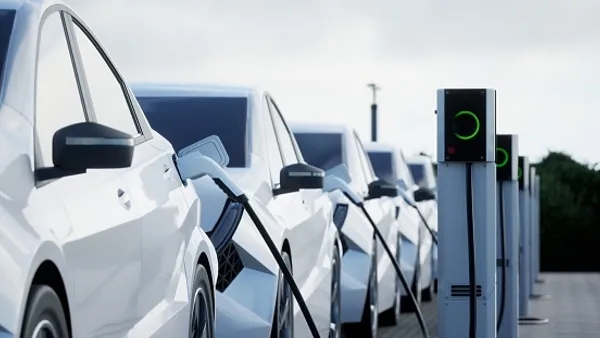Litigation over California and other states' ability to set their own, stricter vehicle emissions standards has gotten underway. While the federal government argues states are preempted by federal fuel economy rules, clean energy advocates say courts and Congress have already come down on the side of the stricter standards.
States and conservation organizations on June 26 filed briefs with the U.S. Court of Appeals for the District of Columbia Circuit defending California and other states' right to set their own vehicle emissions standards and mandate greater availability of electric vehicles.
The U.S. Environmental Protection Agency (EPA) last year revoked waivers authorizing California to set stricter emission standards. In a first round of briefs filed with the court, defenders of state-set rules argue California has been setting emission standards for new motor vehicles since 1959, and "Congress has repeatedly and unequivocally affirmed [the state's] authority to do so."
Litigation over California vehicle emission standards involves a complicated series of cases and statutes, but advocates say all of these questions have been answered before.
"We've seen this movie and we know how it ends," David Doniger, senior strategic director of Natural Resources Defense Council's (NRDC) climate and clean energy program, told Utility Dive.
Initial briefs were filed last week in a case challenging the first phase of the Trump administration's Safer Affordable Fuel-Efficient (SAFE) Vehicles rule, which revoked states' authority to issue their own fuel efficiency rules. A second case regarding SAFE 2, which weakened federal vehicle emissions standards, is just getting underway and no briefing schedule has been set.
Advocates for California's more stringent standards say the law clearly gives the state authority to set its own rules.
Section 209 of the Clean Air Act gives California the authority to set its own emission standards for new motor vehicles, and in 1977 lawmakers expanded the authority through Section 177 to allow other states to adopt California's stricter standards instead of following federal rules.
"Congress has repeatedly and unequivocally affirmed California's authority to do so, concluding that both the State and the Nation benefit from California's expertise in this field and its service as a laboratory for regulatory and technological innovation," groups and states told the court in their brief last week.
Those groups include the Union of Concerned Scientists, Conservation Law Foundation, NRDC, Environmental Defense Fund, Public Citizen and Sierra Club. States opposing the federal government in the lawsuit include California, Colorado, Delaware, Hawaii, New York, Vermont, Rhode Island, Washington and others.
“EPA does not comment on pending litigation," an agency spokesperson told Utility Dive.
More than a dozen states have now adopted California's rules, and more are in the process or are considering adopting them. Most recently, the Nevada Division of Environmental Protection announced it would launch a rulemaking process to consider adopting the standards and require automakers to sell greater numbers of electric vehicles (EV) within the state.
The groups supporting California's standards argue section 209 of the Clean Air Act requires EPA to grant a waiver to California with only a few exceptions, and say the agency has granted dozens of waivers since the 1970s.
According to Doniger, the National Highway Traffic Safety Administration (NHTSA) also recently issued a rule asserting the Energy Policy and Conservation Act of 1975 (EPCA) preempts state emission rules that affect fuel economy and used it to revoke the California waivers. "We’re attacking both actions," he said.
The groups also point to a 2007 U.S. Supreme Court determination “that EPA has the statutory authority to regulate the emission of such gases from new motor vehicles." They say the decision, and a pair of lower court decisions issued that same year, means the EPA's authority, and the waivers it grants California, supersedes NHTSA's authority under the EPCA.
Federal courts in 2007 also rejected lawsuits brought by automakers that claimed federal fuel economy standards trumped California's stricter requirements.
"At every turn in their quest to eliminate state authority to set greenhouse gas and zero-emission-vehicle standards, EPA and NHTSA reached beyond their own authorities, casually set aside decades-long interpretations and practices approved by courts, disregarded statutory text and history that clearly establish congressional intent, ignored the record, and flouted core procedural requirements of administrative law," the groups and states told the court of appeals.
However, the Coalition for Sustainable Automotive Regulation (CSAR), which represents several automakers including General Motors, last year told the court that the text of EPCA clearly says states may not adopt or enforce a law or regulation related to fuel economy standards or average fuel economy standards.
"EPCA’s express preemption provision has no exception for state regulation of carbon dioxide emissions —regulation that Congress and the expert federal agencies observe to be indistinguishable from fuel economy standards," CSAR told the court.
An attorney representing CSAR was unable to comment for this article by deadline.
American Fuel & Petrochemical Manufacturers (AFPM) has also argued in favor of federal preemption of state standards. An attorney for the group did not respond to a request for comment.
In light of court cases addressing the issue, the group said in 2018 comments that EPA "should coordinate with, but ultimately defer to, NHTSA regarding GHG tailpipe emissions." Attorneys for AFPM did not respond to requests for comment.
A group of utilities is also supporting California's ability to set stricter standards and require greater number of EVs to be sold. Those utilities include Calpine Corp., Consolidated Edison, National Grid USA, and New York Power Authority.
The utilities told the court in a June 26 brief they have "invested billions with the well-founded expectation that increased demand for electric vehicles would be propelled by California and the Section 177 States' continued ability to drive technology innovation and emission reductions."
The case could ultimately be appealed to the Supreme Court, but NRDC's Doniger said it may be the upcoming Presidential election that decides the issue. A decision from the court is unlikely before Jan. 20, 2021, when the next administration will take office.
"If we have a different administration, I assume they would comply instead of appealing," Doniger said, meaning an incoming Democratic President would likely maintain waivers. But he also said, "we have the advantage this time around. The courts looked at these questions in 2007."
Some automakers remain neutral on SAFE 2 debate
Separately, some automakers have indicated to the court they will remain neutral in litigation over the SAFE 2 rule.
The final rule issued by EPA and NHTSA in March weakened rules issued by the Obama administration and required fuel economy and carbon emissions standards to increase 1.5% annually from 2021 to 2026, rather than 5%.
Several car companies, including Ford Motor and Volkswagen, will stay on the sidelines in the case after previously reaching voluntary agreements with California on emissions standards. But they filed with the D.C. Circuit Court of Appeals to preserve their ability to weigh in on any remedies imposed by the court.
Other car companies, represented by the Alliance for Automotive Innovation, have said the Trump administration acted within its authority to rescind the waivers.
Administration officials have said the 1.5% annual increase reflects the "best balance among many different competing factors."
"This is a rule that, from NHTSA's perspective, requires us to balance economic considerations, technological considerations, the nation's need to conserve energy and other government standards" including safety and the environment," NHTSA Acting Administrator James Owens said in March.



